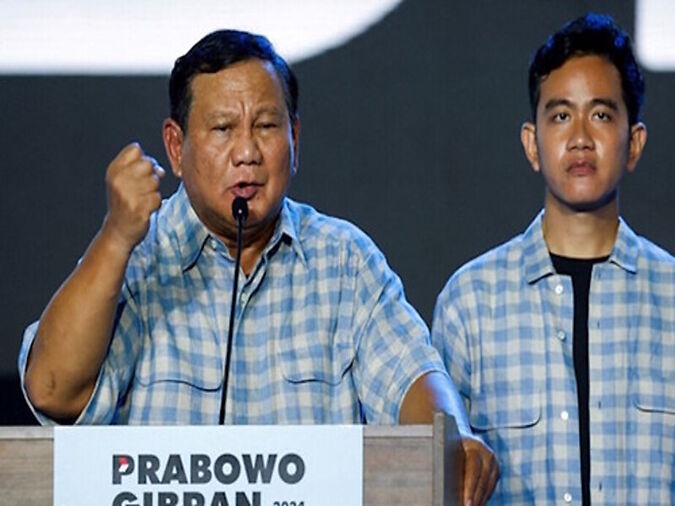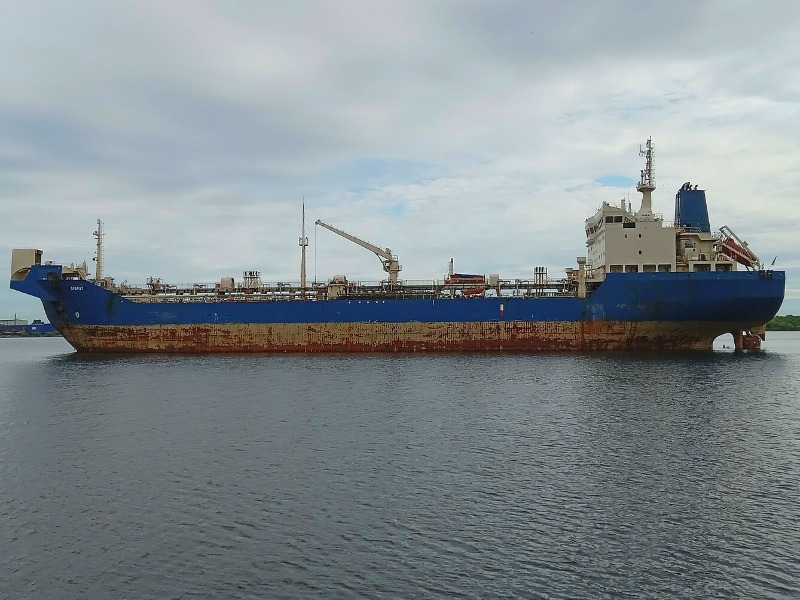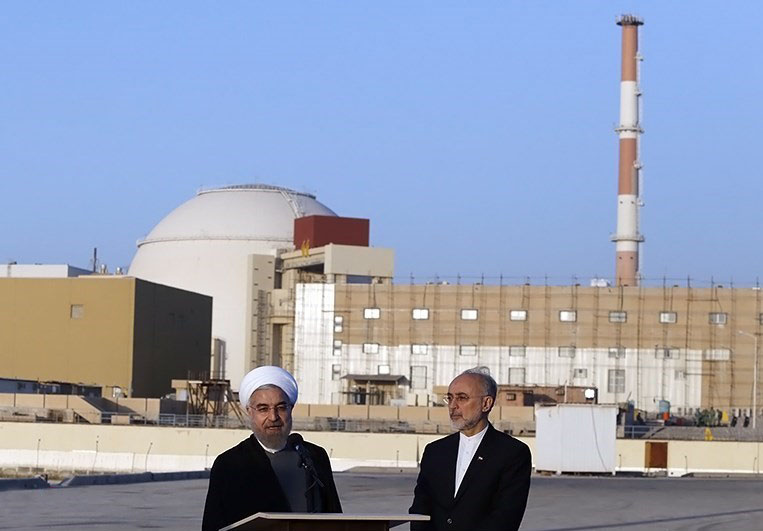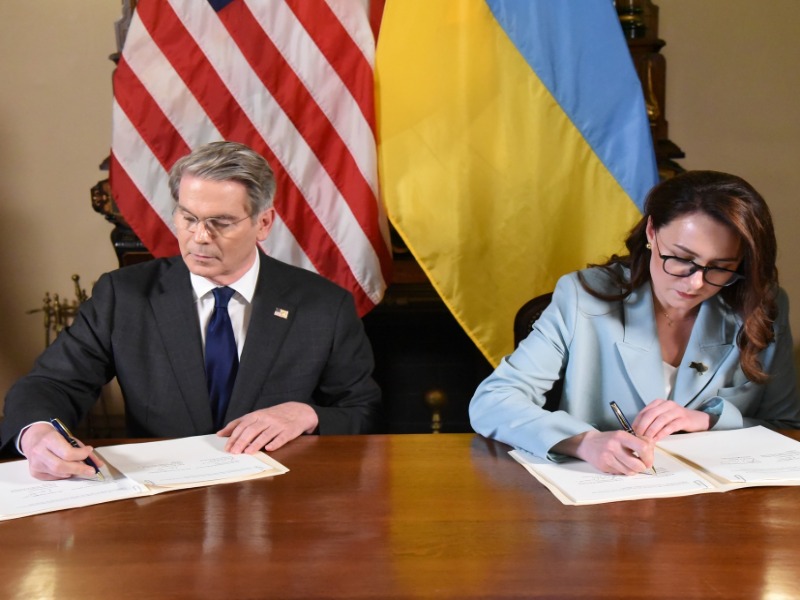In March 2024, Prabowo Subianto—a controversial former general once banned from the U.S. for rights abuses—secured Indonesia’s presidency through a social media campaign that softened his image with playful content targeting youth voters. Not with lies, but with the use of ‘Gemoy’: an adorable online persona who played with cats and did viral dances, whose Read More…
4. Programs
placeholder for programs
The Authoritarian Drift of Trump’s Second Term
With 142 executive orders signed in just 100 days, President Trump’s second term opened with a rapid consolidation of executive power. The orders targeted such key areas as border enforcement, foreign aid, and commitments to international institutions. Immigration policy quickly emerged as a key instrument of executive overreach. Building on the hardline stance of Donald Read More…
Specific Pacific: What NATO can Gain from Improving Relationships in the Indo-Pacific
In his newest article, James Lautens explores why NATO should focus on building stronger relationships in the Indo-Pacific and what opportunities can be derived from such an investment. He argues that by investing in and cooperating with the democracies in the region, NATO can curb the influence of Russia and China, who are increasingly challenging the rules-based international order.
Financing the enemy: The limits of NATO’s strategic decoupling from Russian fossil fuels
Despite vocally supporting Ukraine, between February 2022 and February 2025, NATO countries paid more to Russia for energy imports than they provided in aid to Ukraine. This article analyzes the limits of NATO’s strategic decoupling from Russian fossil fuels and proposes concrete steps the alliance as a whole, and Canada in particular, should take to tackle this problem.
Should I Stay or Should I Go: The Normative Power of Travel Advisories in International Relations
Current diplomatic relations between Canada and the U.S. are fraught, to say the least. The current trade war has seen the imposition of multiple tariffs on Canada, targeting Canadian auto vehicles as well as aluminum, and other nations, leaving many Canadians feeling betrayed by the U.S. The Prime Minister of Canada, Mark Carney, declared that Read More…
Between Ceasefire and Catastrophe: Israel, Iran, and the Nuclear Non-Proliferation Question
The Situation The Middle East currently stands on the brink of cataclysm due to the extraordinarily tense stand-off between Israel and Iran, largely centering around Iran’s nuclear status. With the situation still very much in flux, a key question persists: Will the ongoing hostilities escalate into a broader conflict, or will diplomatic negotiations lead to Read More…
Weaponized AI: The New Frontline in Global Disinformation Warfare
Synthetic video content has become a permanent feature of today’s digital ecosystem, subtly shaping perceptions and influencing political and social decisions. Alongside this, hybrid warfare, blending conventional military tactics with cyberattacks and disinformation, has become a key strategy for adversaries. By exploiting the openness and connectivity of modern societies, these methods destabilize governments and deepen Read More…
The U.S.-Ukraine Mineral Deal: Economic Commitment and America’s Stake in the Euro-Atlantic Future
This article analyzes the U.S.-Ukraine mineral deal – a diplomatic success for Ukraine that nonetheless signals a transition to a more restrained U.S. approach to global defense. It argues that other NATO members must step up to safeguard collective security and work toward fostering mutually beneficial economic cooperation within the alliance.
NATO Summit 2025: Canada’s Leadership, Leverage, and Alliance Future
In the weeks leading up to the NATO Summit in The Hague taking place from June 24th–25th, Canada has found itself at the centre of multiple international conversations. Coming off the heels of the G7 summit in Kananaskis, where Prime Minister Mark Carney pledged an extra $2 billion in aid to Ukraine and promised to hit NATO’s 2% defence spending benchmark by Read More…
Misinformation and the Asian-Canadian Experience
Misinformation, disinformation, and malinformation (MDM) have long shaped public understanding and state policy, particularly when it comes to racialized and immigrant communities. For Asian Canadians, these false narratives are not a new phenomenon—they are deeply rooted in a colonial framework that defined Asia and its peoples through a lens of Orientalism. Coined by scholar Edward Read More…










